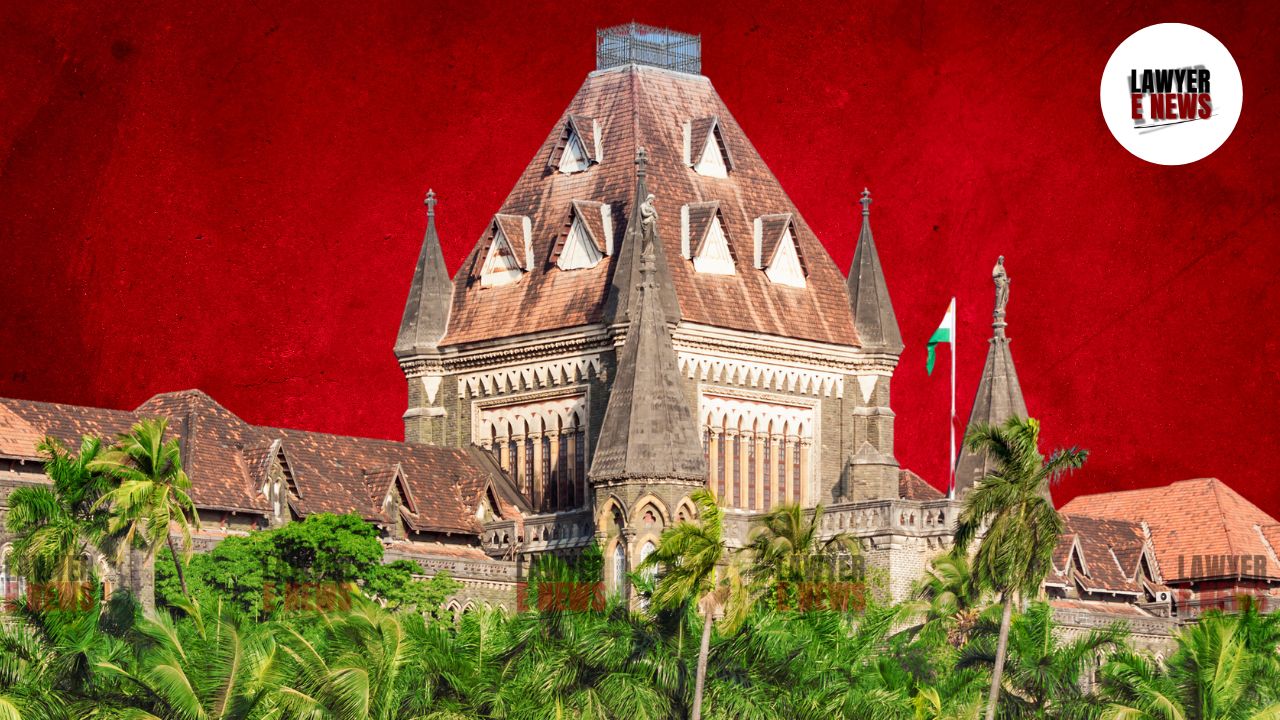-
by Admin
15 February 2026 5:35 AM



Bombay High Court, in Criminal Revision Application No. 377 of 2002, quashed the conviction of Shivaji Damodar Karne, a bus driver who had been convicted under Sections 279 and 304-A of the Indian Penal Code (IPC) for causing the death of a pedestrian in a road accident. The High Court found that there was insufficient evidence to prove rash or negligent driving by the applicant and acquitted him of all charges.
"No Evidence of Rash and Negligent Driving; Conviction Unwarranted"
The Court observed that the prosecution had failed to provide evidence that the applicant was driving rashly or negligently. The sole eyewitness did not testify to excessive speed or reckless conduct, and there were no brake marks at the scene to suggest sudden braking or emergency maneuvering. The Court held that the conviction was not sustainable in the absence of such evidence.
The case stemmed from a road accident that occurred on 2nd December 1997. The applicant, Shivaji Damodar Karne, a bus driver with the Brihanmumbai Electric Supply and Transport (BEST), was driving a double-decker bus on Route No. 66. While making a left turn at the junction of JSS Road and Shamaldas Gandhi Marg, the bus collided with a pedestrian, who fell and later died at GT Hospital. The police registered a case against the applicant under Section 279 (Rash Driving) and Section 304-A (Causing Death by Negligence) of the IPC. The lower courts convicted the applicant, sentencing him to three months of simple imprisonment and a fine of ₹1,000.
The applicant challenged the conviction, claiming that there was no evidence to prove that the accident occurred due to his rash or negligent driving. He sought to quash the convictions through a Criminal Revision Application under Section 397 of the Code of Criminal Procedure (CrPC).
Rash and Negligent Driving: The key issue was whether the prosecution had sufficiently proven that the applicant's driving was rash or negligent, as required under Sections 279 and 304-A IPC.
Contributory Negligence: The Court also considered the possibility of contributory negligence on the part of the deceased, who may have attempted to cross the road while the bus was making a left turn.
Lack of Evidence of Rash Driving: The Court noted that the prosecution's case was based primarily on the testimony of PW-1, a traffic police officer who witnessed the accident. However, PW-1 did not state that the applicant was driving at high speed or recklessly. There was no evidence that the applicant broke the signal or applied brakes in an emergency, and the spot panchnama revealed that there were no brake marks at the accident site. This absence of evidence weakened the prosecution’s case significantly.
Contributory Negligence: The Court raised the issue of contributory negligence, noting that the deceased may have been at fault for attempting to cross the road while the bus was taking a left turn. The Court emphasized that the concept of contributory negligence, though primarily a civil law doctrine, could also apply in criminal cases involving road accidents, as highlighted in precedents like Bhupinder Sharma v. State of Himachal Pradesh (2016).
Revisional Jurisdiction and Duty to Correct Errors: The Court, exercising its revisional jurisdiction under Section 397 CrPC, emphasized its responsibility to correct errors or miscarriages of justice in cases where lower courts failed to properly appreciate the evidence. The Court held that the judgments of the lower courts were based on emotion rather than a careful analysis of the facts and evidence.
The Bombay High Court quashed the conviction and set aside the judgments of the lower courts, concluding that the prosecution failed to prove that the applicant's driving was rash or negligent. The Court ordered the applicant's acquittal and the discharge of his bail bonds. Additionally, if the applicant had been suspended or dismissed from service due to the conviction, the Court directed that he be reinstated with full back wages. Alternatively, if the applicant had retired, the Court ordered the disbursement of his retirement benefits.
Date of Decision: 21st October 2024
Shivaji Damodar Karne vs. State of Maharashtra
